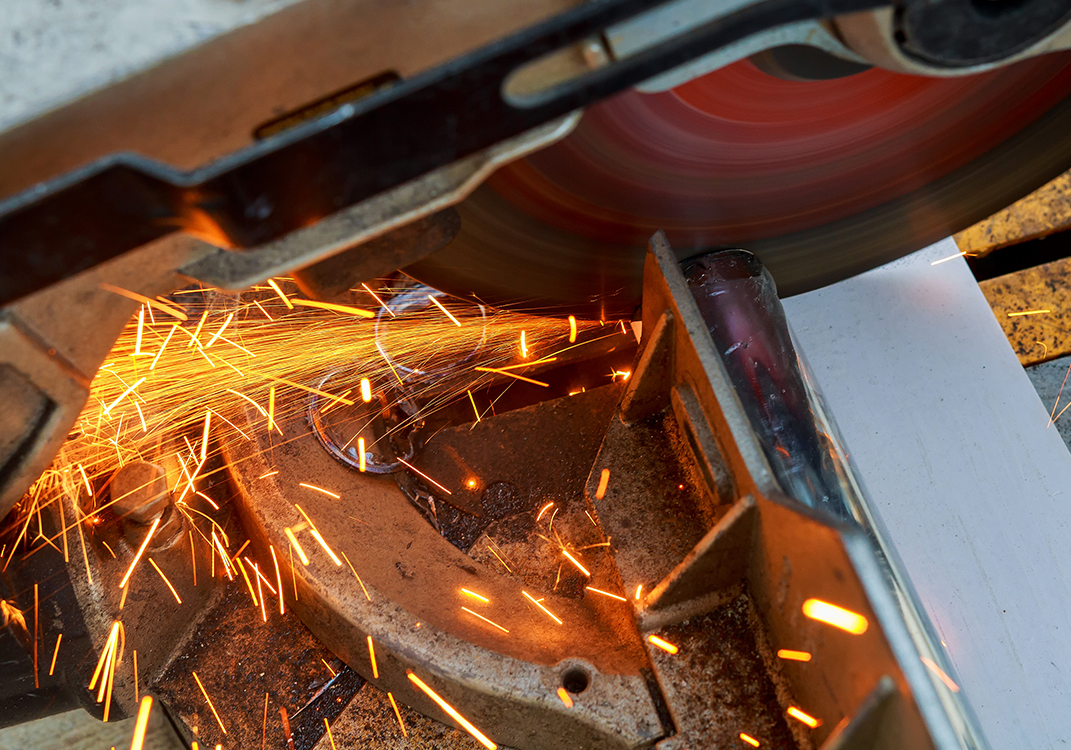The Evolution of Diecasting in Malaysia: A Thriving Trade
The Evolution of Diecasting in Malaysia: A Thriving Trade
Blog Article
Diecasting has been a vital part of Malaysia's manufacturing industry that has significantly impacted the country's economic development. One of the most cost-effective methods of producing top-quality metal components, diecasting is gaining recognition in a variety of industries such as electronics, automotive as well as consumer goods. The process involves forcing molten metal into a mold under extreme pressure. This allows for the creation of complex and exact parts that require minimal material waste. In Malaysia Diecasting is a business that is growing rapidly over the years, driven by technological advancements, the expansion of manufacturing facilities in addition to a rising demand for metal components both local and international.
One of the key factors for the rapid growth of diecasting in Malaysia is Malaysia's strategically located within Southeast Asia, which provides ease of access to markets across the globe. Malaysia's established infrastructure, highly skilled workforce, and favorable government policies have attracted both local and foreign investments into the sector of diecasting. Manufacturing is supported by the government with initiatives like industry4WRD policy. Industry4WRD policy has allowed the adoption of advanced technologies in diecasting, including robotics and automation that has increased efficiency and enhanced manufacturing capabilities. These advances have helped Malaysian manufacturing companies to stay competitive within the global marketplace in order to meet the rising demand for quality diecast components.
Beyond the automotive industry the die-casting industry in Malaysia supports an array of different businesses, like electronics telecom, and consumer items. Due to the increasing popularity of consumer electronics as well as the need for smaller, better-performing devices, companies depend heavily on die-cast components to produce smaller, more intricate designs that are strong as well as visually attractive. Malaysian die-casting businesses are well-equipped to face these problems with services including prototypes, design and development, and mass production. Additionally, the focus of Malaysia on research and development has led to the innovation of new methods and materials, making sure that companies are ready to address the evolving needs of the electronics industry. Its ability to manufacture precisely-crafted components in high-volumes can make die casting an essential process in many areas across Malaysia.
In addition to the automotive industry, Malaysia's diecasting sector plays a crucial role in the electronic industry. Precision and dependability that are needed in electronics makes diecasting the ideal technique for making intricate metal parts. Diecast products are commonly used in consumer electronics, including laptops, smartphones as well as home appliances and also in manufacturing equipment. Demand for electronic devices around the globe has resulted in increased manufacturing in the Malaysian diecasting industry as manufacturers continue to develop methods to keep up with the highest standards in the electronics industry. Computer-aided design and high pressure diecasting can enable companies to design intricate, high-quality products that enhance the quality and performance of electronic devices. To acquire new details please see this
The diecasting industry in Malaysia has experienced significant growth, it also faces challenges that must be addressed in order to guarantee long-term sustainability. One of the primary concerns is the fluctuating prices of raw materials, particularly zinc and aluminum, both of which are essential to the diecasting process. Global price changes can affect the profits of Malaysian diecasting firms, which makes cost control a key factor for the industry. Environmental concerns that relate to energy consumption and waste generation have put pressure on the industry to adopt more sustainable practices. Diecasting companies across Malaysia have shifted their focus to recycling and enhancing energy efficiency, and reducing production waste so that they can be in line with global sustainability patterns.
Diecasting has become a key component of Malaysia's manufacturing industries and is a major contributor to the manufacturing of essential components for various sectors, including automotive and electronics. Malaysia's location in the middle of Asia technology, advanced manufacturing techniques, and highly skilled workers have enabled the diecasting industry in Malaysia to flourish and to compete globally scale. However, problems such as fluctuating raw material costs and environmental concerns will need to be addressed to maintain this industry's expansion and sustainability. In the face of continued investment in new technologies and environmentally sustainable methods Diecasting in Malaysia is set to continue its expansion, solidifying its role as an important player in the global landscape of manufacturing.